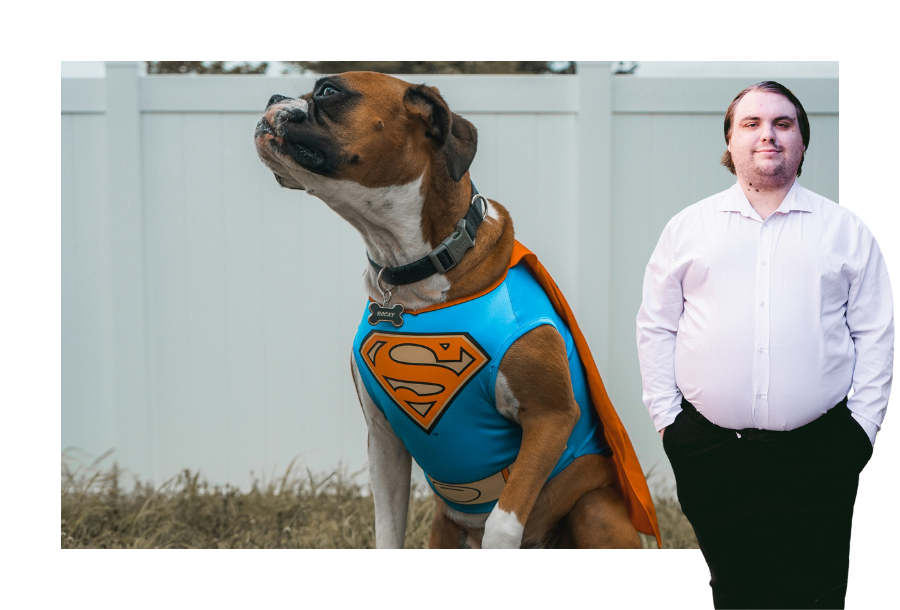Superannuation Financial Goals for the New Financial Year
Written by: Helen Yau l Advisory Team
Several key superannuation changes which may impact your ability to contribute to your self-managed super fund, are set to take effect from 1 July 2022. These changes create opportunities for all self-managed super fund members, young and old, to grow their retirement savings.
There are a number of different types of contributions that you are currently allowed to make when it comes to your superannuation and getting the most out of (in to) your superannuation.
Contributions, such as:
- Tax Deductible (Concessional) Contributions;
- Carry Forward Concessional Contributions;
- After-Tax (Non-Concessional) Contributions;
- Government Co-Contributions;
- Downsizer Contributions;
- Spouse Contributions; and
- Low Income Super Tax Offset (LISTO).
Want to know more about these contributions? We have previously put together the blog Retirement Planning: Getting The Most Out Of (In To) Super! Have a read to go through all of the facts and figures before getting into the changes for the newly ticked-over financial year.
Let’s Look At Your Retirement Financial Planning…
What Are The Changes?
Originally announced in the 2021 Federal Budget, the following changes will apply from 1 July 2022 but if you missed our rundown of the 2021 Federal Budget Budget, you can check it out here: Your 2021/22 Federal Budget Break Down before we go into the below changes:
- Individuals up to the age of 74, will no longer need to meet a work test to make voluntary, non-deductible contributions;
- Individuals up to the age of 75, with a total superannuation balance under $1.7 million, will have the opportunity to make large non-concessional contributions (possibly up to three years’ worth) in a single year;
- The minimum age to make downsized contributions will reduce to 60 years old, allowing more individuals to use the proceeds from the sale of their home, to fund their retirement;
- The Superannuation Guarantee (SG) rate will increase to 10.5% p.a for all the $450 minimum income threshold for SG contributions, which will be removed; and
- Under the First Home Super Saving Scheme (FHSSS) eligible individuals will have access to an extra $20,000 of voluntary contributions to fund a home deposit.
How Can Your Retirement Planning Benefit from These Changes?
The Work Test
Prior to 1 July 2022, if you are aged between 67 to 74, you can only make voluntary contributions to your superannuation if you have worked at least 40 hours over 30 consecutive days in the financial year, or you satisfy the recently retired test. The work test must be met prior to contributing.
From 1 July 2022, this work test will only apply to you if you wish to claim a tax deduction for the voluntary contributions you can make to your self-managed super fund. If making personal deductible contributions, from 1 July 2022, you will be able to meet the work test at any time in the financial year.
This means that the work test will no longer apply to contributions you make under a salary sacrifice arrangement or to any personal contributions that you don’t claim a tax deduction for, such as non-concessional contributions.
Financial Planning + The Different Types of Contributions
Non-Concessional Contributions
Prior to 1 July 2022, only if you were under the age of 67 years old on 1 July of the financial year, can you make non-concessional contributions that exceed the annual $110,000 non-concessional cap. Prior to 1 July 2022, the bring-forward rules allow you to make up to $330,000 (i.e. three years’ worth of non-concessional contributions), in a single year if your total superannuation balance was under $1.48 million as at 30 June of the previous financial year, or $220,000 if your total superannuation balance was greater than or equal to $1.48 million but less than $1.59 million as at 30 June of the previous financial year.
From 1 July 2022, the cut-off age to access the bring-forward rules will increase to 75 years old. However, the total balance thresholds referred to above, still apply.
So, what this means is that if you are 74 years old on 1 July 2022 and you have a total superannuation balance of less than $1.48 million, you may be able to have one last boost to your retirement savings by making a $330,000 non-concessional contribution to your self-managed superannuation fund. The contribution simply must be made, no later than 28 days after the month in which you turn 75 years old.
Downsizer Contributions
Prior to 1 July 2022, you can only make a downsized contribution if you are 65 years or older at the time of the contribution and have satisfied the other eligibility requirements.
From 1 July 2022, the minimum age will be reduced to 60 years old. All other eligibility rules remain unchanged and the maximum amount of downsized contributions that can be made remains at $300,000 per person or $600,000 per couple.
If you are selling your home and expect to receive the sale proceeds close to the end of the financial year, please get in touch with our team to discuss the timing of a downsized contribution and the potential to boost other contribution opportunities in the 2022/23 financial year.
For example, if you get the timing right, you may be able to combine a downsized contribution with the bring-forward rules to contribute up to $630,000 to your self-managed super fund, in one year. As a couple, this could present a one-off opportunity to boost your retirement savings by $1.26 million.
First Home Super Saving Scheme (FHSSS)
Prior to 1 July 2022, the First Home Super Saver Scheme (FHSSS) allows you to withdraw a maximum of $30,000 of voluntary contributions (plus associated earnings/less tax) from your superannuation fund to be able to fund the deposit of a new home.
From 1 July 2022, the maximum amount that can be withdrawn will increase to $50,000 meaning each eligible person will be able to withdraw an additional $20,000. All other eligibility rules remain unchanged.
Also unchanged is the maximum amount of contributions that an individual can make each year that can count towards the First Home Super Saver Scheme – this remains at $15,000 per annum. This means that it will take a member, at least four years of voluntary contributions, to reach the higher $50,000 limit.
Help from Canny Advisory + Our Financial Advisory Services
Now is a great time to speak to your accountant about tax planning and also your financial adviser about other wonderful ways you could be maximising your superannuation.
Being able to take advantage of these changes to superannuation contributions could put you on the right path to increasing your retirement savings and helping you towards your retirement plan.
It is important to be mindful that all of the possibilities have particular eligibility criteria and you should seek professional financial advice from your financial planner, or better yet, one of our team members at Canny Advisory before you do anything.
Get in touch with our team to find out whether any of these opportunities apply to you and how we can make them work for you and your retirement savings!





